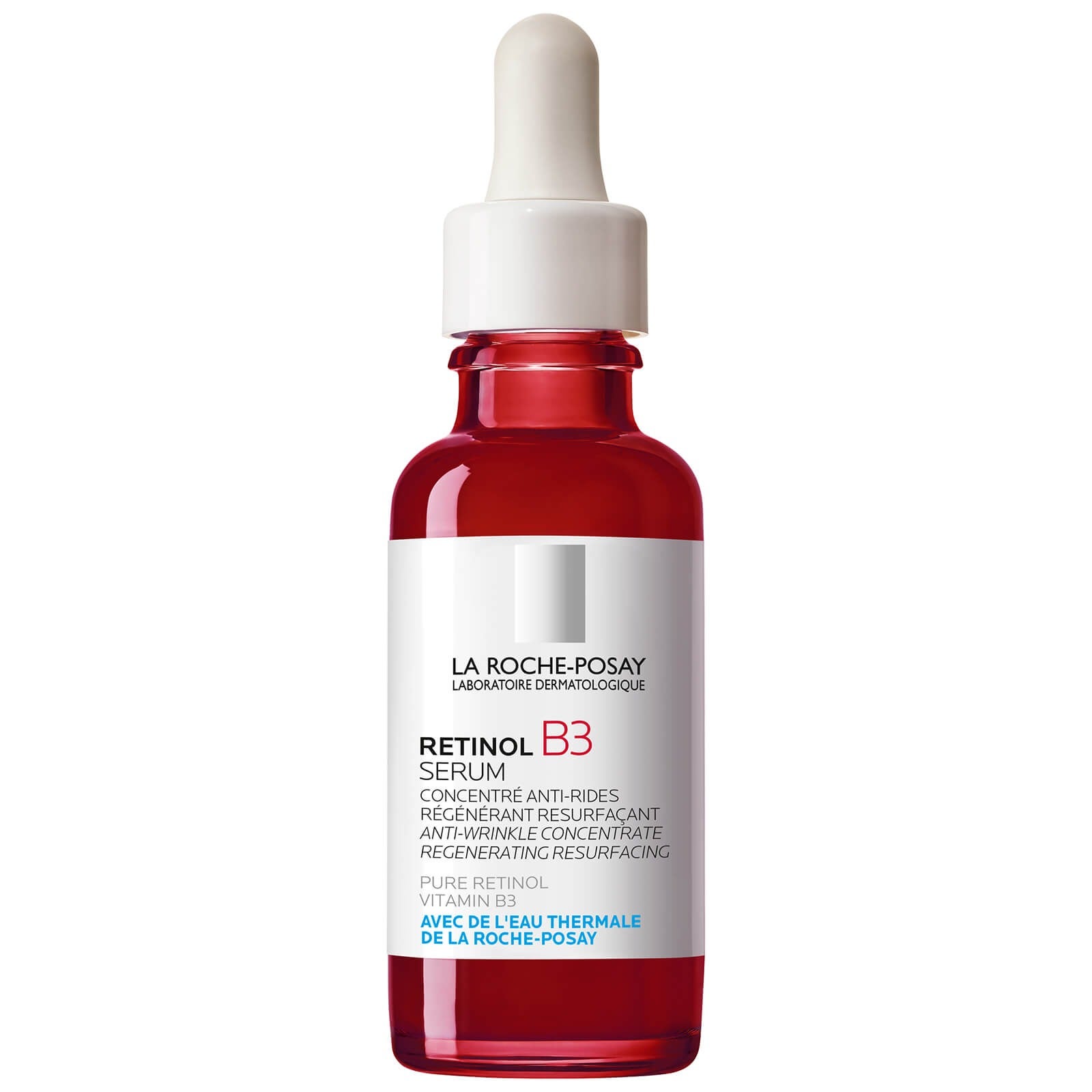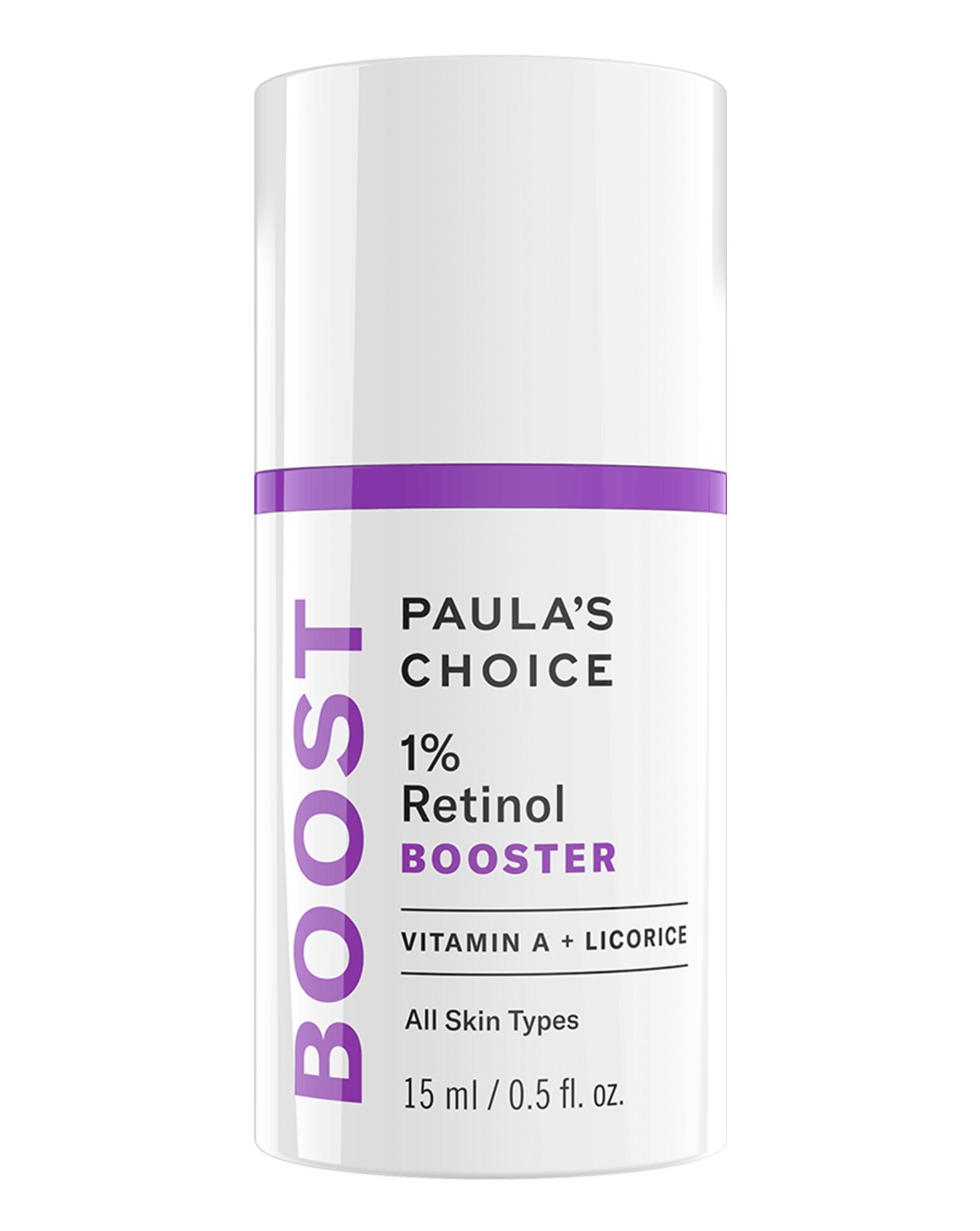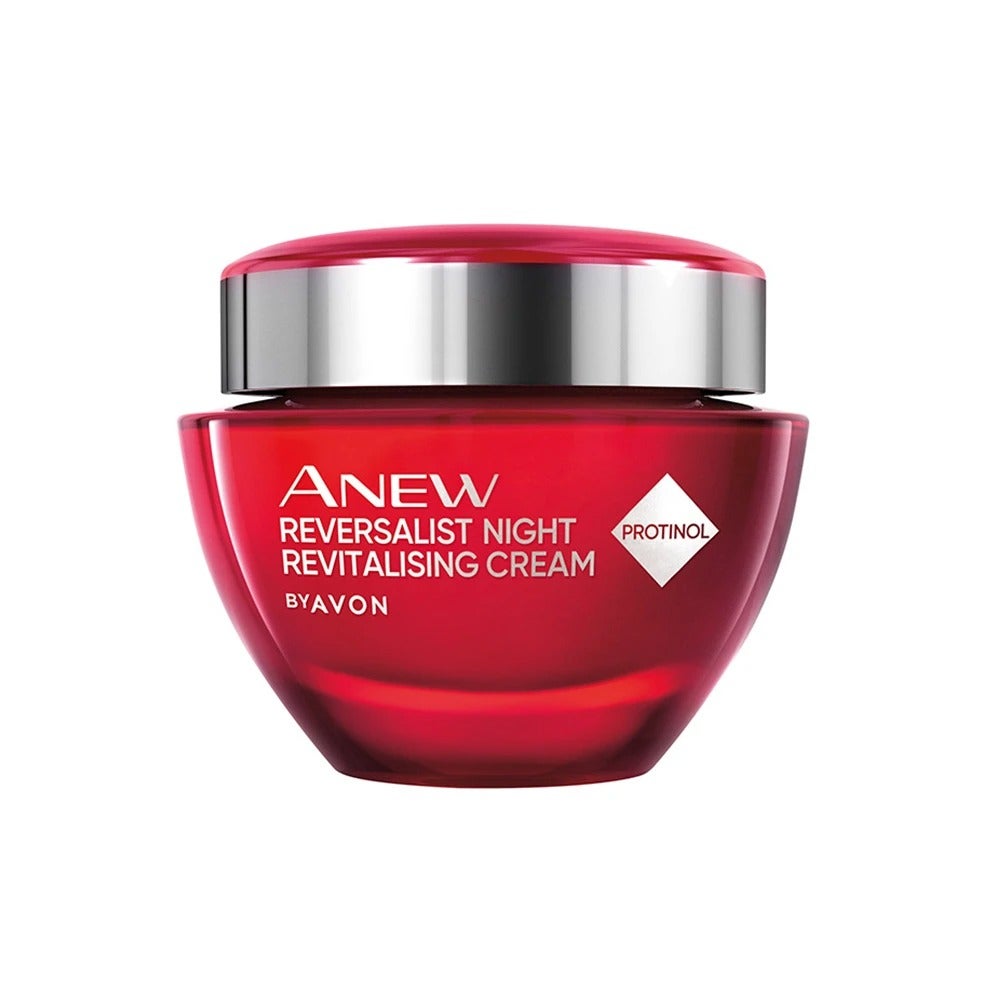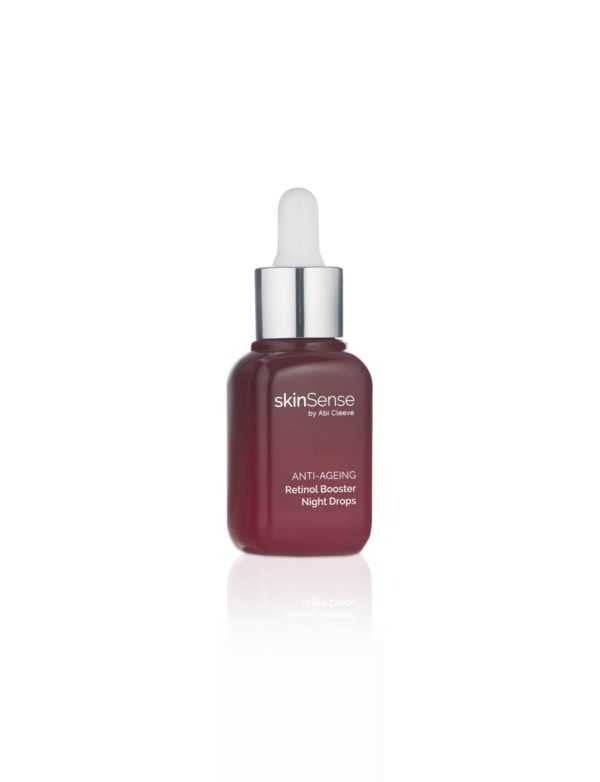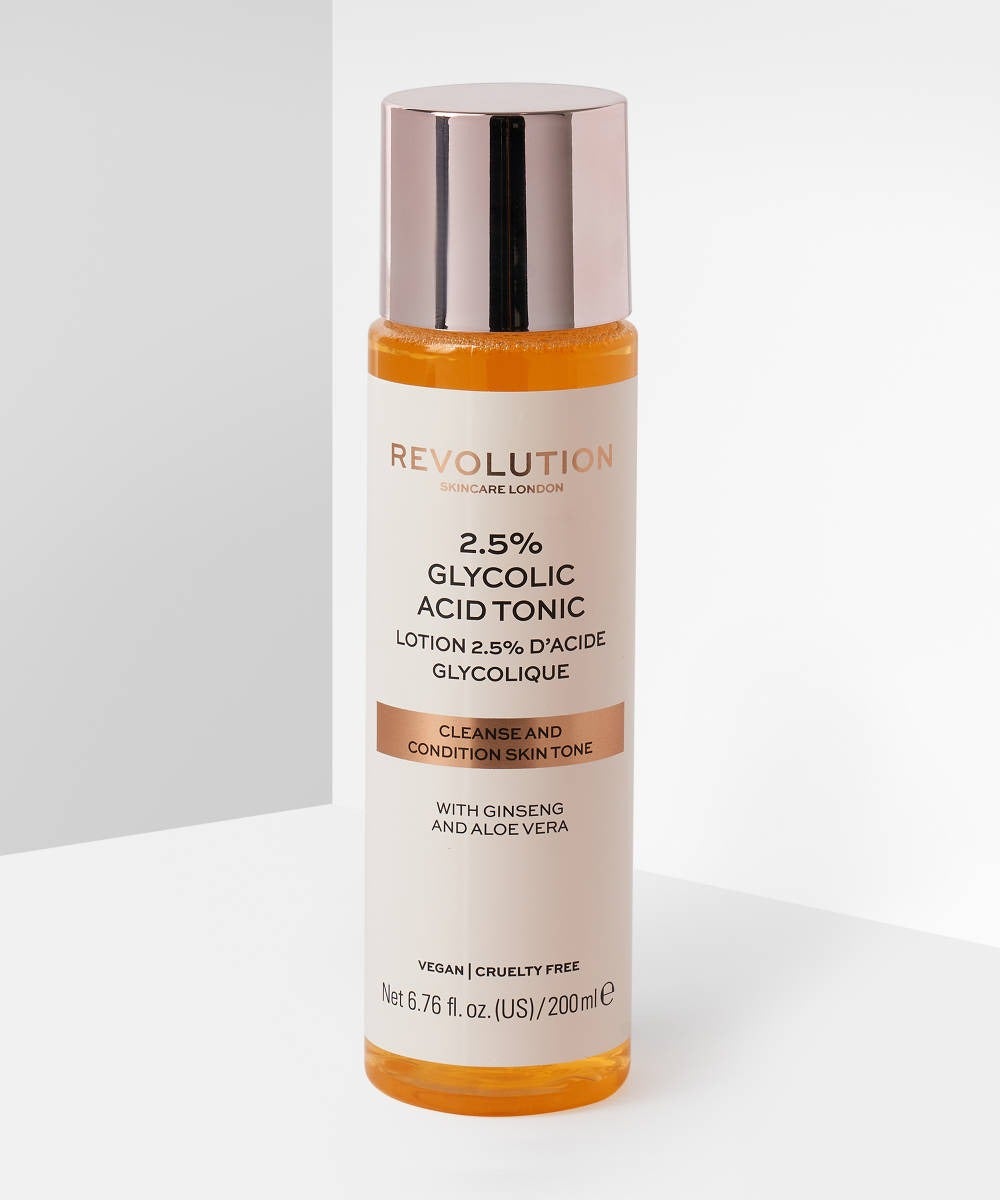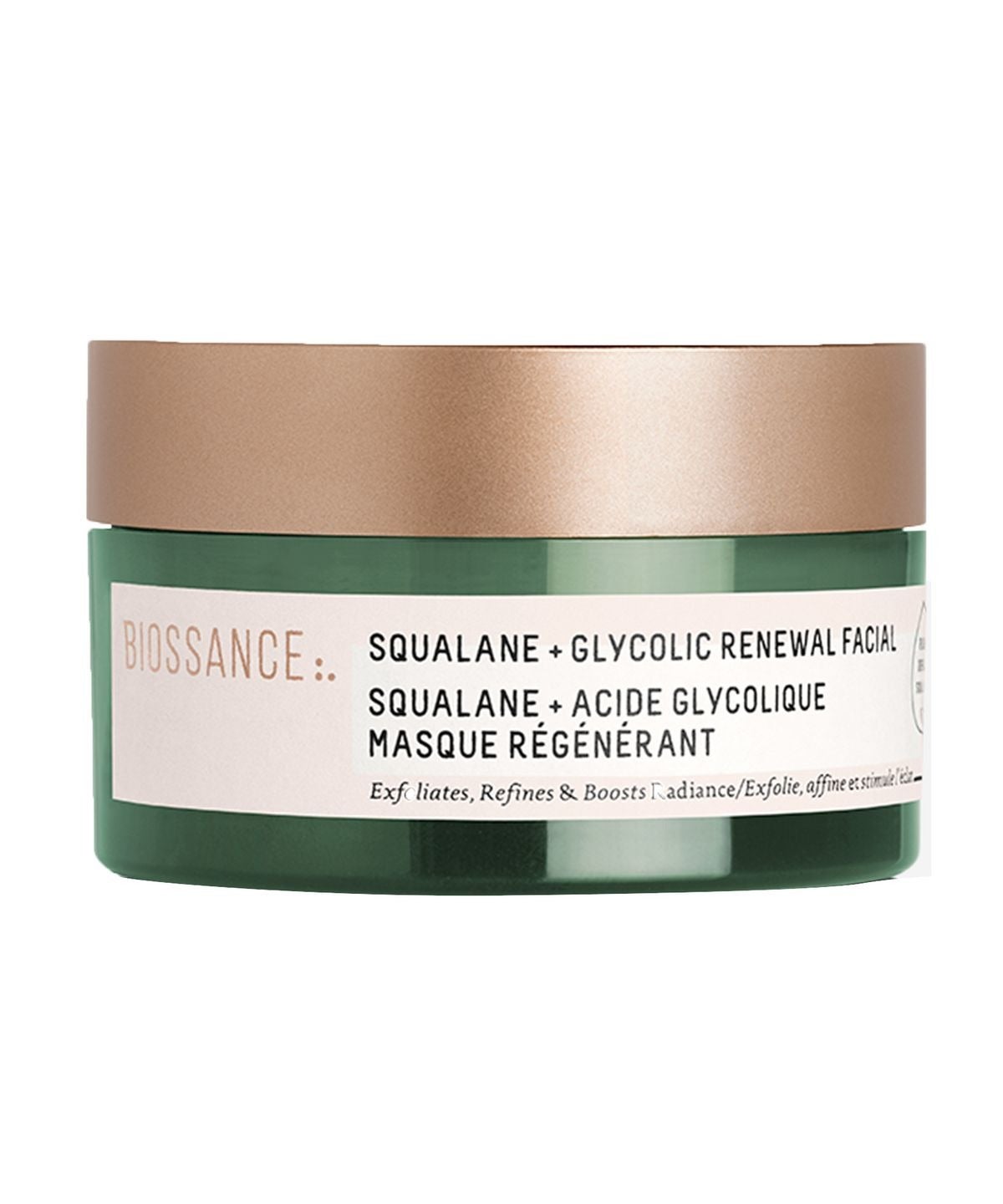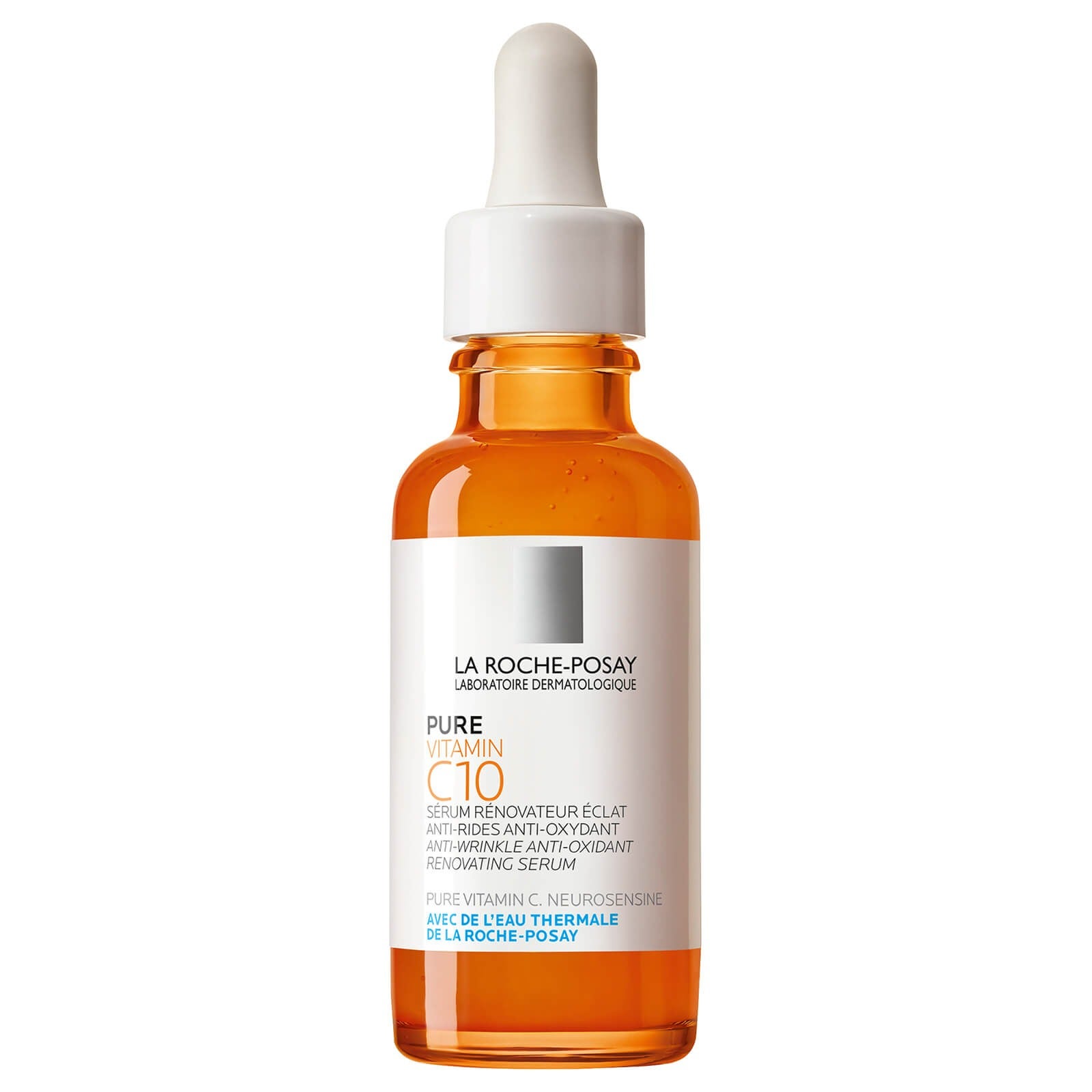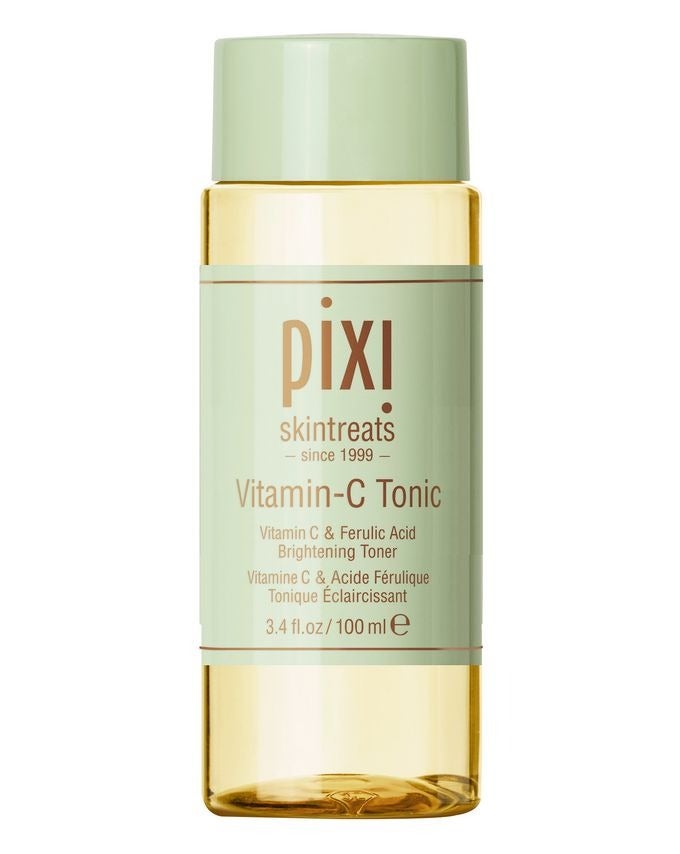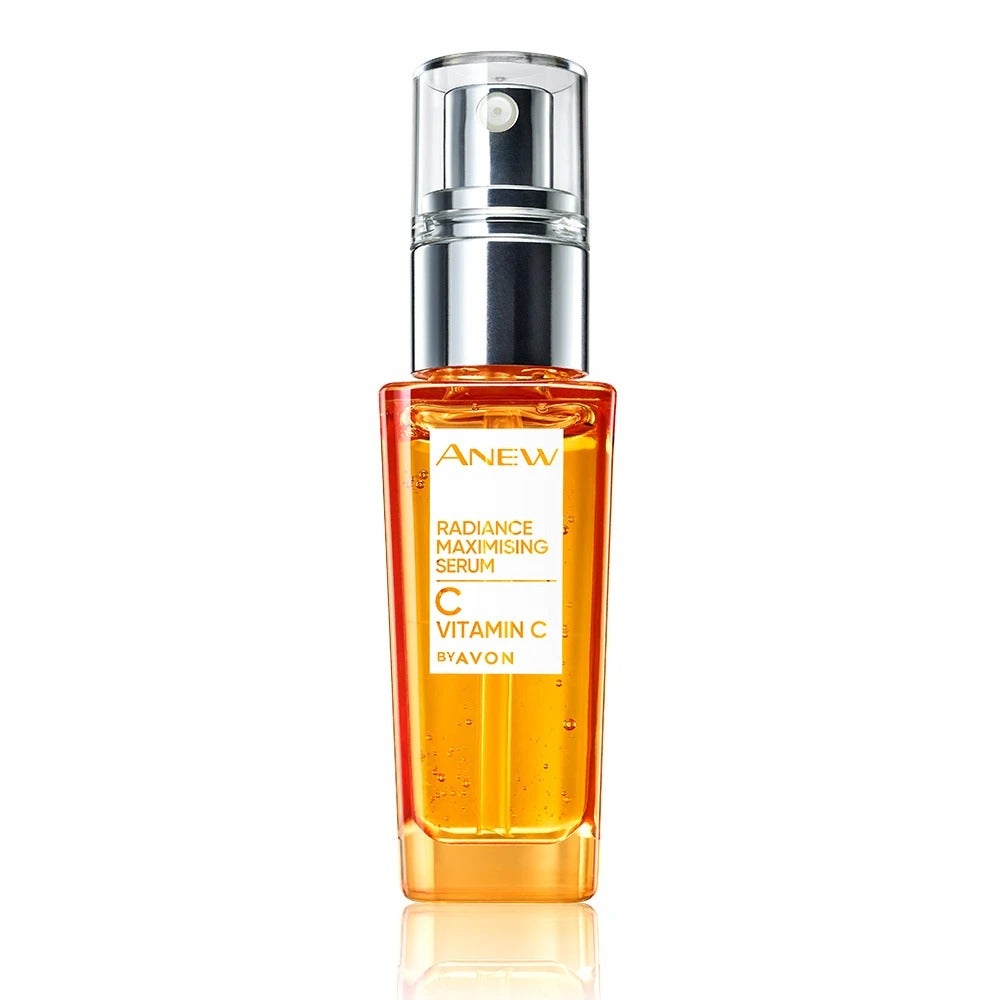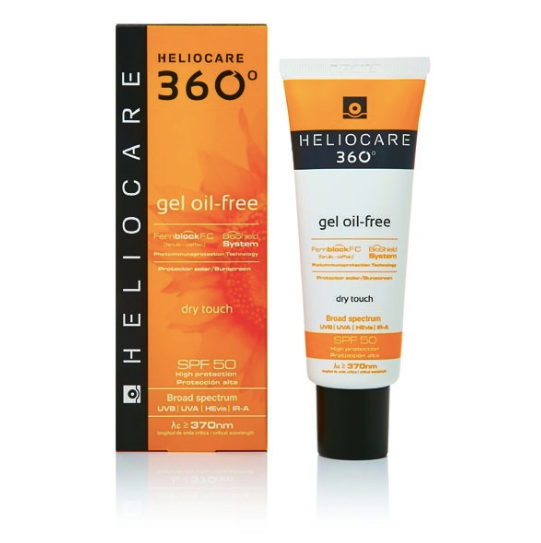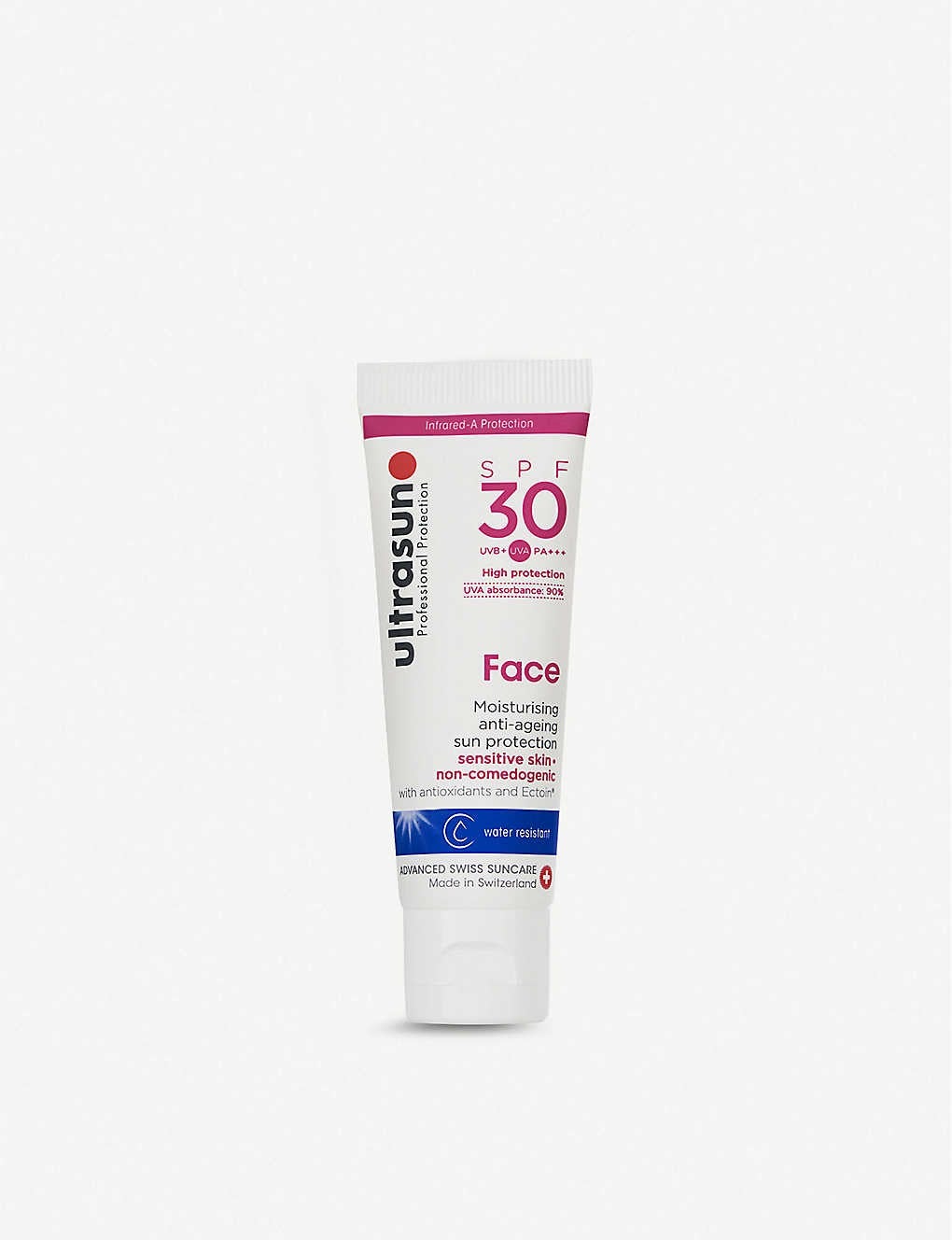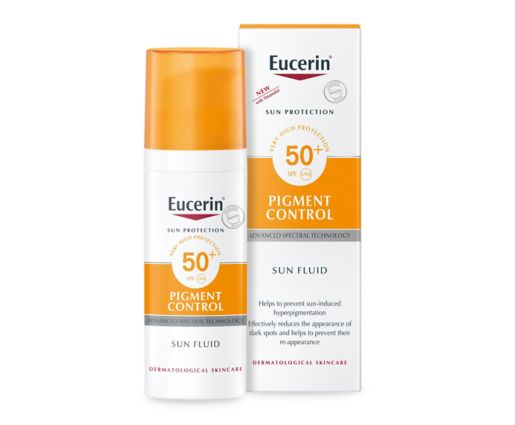Microdosing Could Give You Your Best Skin Ever – & It’s So Easy
Photographed by Kate Anglestein.
Chances are, you've already heard of microdosing. The much talked-about concept isn't new but it is hugely popular. Consisting of taking drugs (such as THC and psychedelics) in teeny tiny quantities, it supposedly works to improve everyday functioning – and everyone from celebrities to researchers has something to say about it.
In 2019, the trend slowly filtered down into beauty, namely aesthetics. 'Baby Botox' started to become popular in clinics and on Instagram, and saw people making appointments with dermatologists for smaller doses of the skin-smoothing solution. The results? A much more natural, virtually undetectable look. Now, microdosing has burst onto the skincare scene and although it's relatively under the radar, experts are very much on board.
AdvertisementADVERTISEMENT
When it comes to buzzy yet potent skincare ingredients, especially retinol, exfoliating acids and vitamin C, it's very easy to overdo it. The promise of clearer, brighter, smoother skin can often lead to reaching for the highest percentage you can get over the counter, and using these products daily. More often than not, the result is irritation in the form of itchiness, flaking, redness, dryness and burning – and that's enough to put anyone off.
But the trend for skincare microdosing – regularly using ingredients in very small doses, rather than the highest available – could be a better way to obtain the best results without irritation. "Think of skincare like pick 'n' mix," says Abi Cleeve, skin expert and founder of skinSense and Ultrasun. "In skincare, there is no 'one size fits all' but the less is more approach is certainly what I would recommend." Take retinol, for example. Multiple brands sell skincare products containing 1% or even 3% retinol, but Abi suggests starting small. "If you are using retinol for the first time, I would recommend between 0.1 and 0.3%. No higher than that. Even at a low dosage, retinol has great skin benefits."
Dr Ewoma Ukeleghe of SKNDOCTOR agrees, and recommends La Roche-Posay Retinol 0.3% + Vitamin B3 Serum, £38. "With something like this, the gentle formulation means you can use it regularly, even every night. Retinol compromises the skin's barrier (often leading to peeling and discomfort) so the addition of something like vitamin B3 (otherwise known as niacinamide) and moisturising glycerin also helps counteract the irritation, dryness and burning you typically get with retinol."
AdvertisementADVERTISEMENT
Booster drops are also popular, as you can customise your favourite moisturiser to include just a touch of a potent ingredient like retinol. One drop of skinSense Retinol Booster Night Drops, £38, is equal to 0.3% retinol. R29 also rates Super Facialist Retinol Booster, £20, and for experienced retinol users who want to take it up a notch, Paula's Choice 1% Retinol Booster, £48. Mix one drop into moisturiser at night.
The trend for skincare microdosing has also made way for some smart products, like Avon Anew Reversalist Night Revitalising Cream, £15, which boosts collagen levels in 2 days thanks to new, patented ingredient Protinol. It's potent and smooths fine lines and wrinkles like retinol does, all without the irritation.
Exfoliating acids, especially AHAs (such as glycolic and lactic acid), are also potentially irritating. Currently, you can buy products up to 30% strength over the counter. That said, pros like Abi only recommend higher strength acids if your skin is very congested. If you don't have problem skin, or you're prone to sensitivity, it pays to start small. The Ordinary's Lactic Acid 5% + 2% HA, £5.50, is weaker than the brand's 10% solution but gently sloughs away at dead cells to uncover brighter, smoother skin over time. At half the dose, Revolution Skincare 2.5% Glycolic Acid Toner, £7.95, can be used regularly in the morning and evening after cleansing to exfoliate skin. Or if you're after a small, speedy fix, try Biossance Squalane + Glycolic Renewal Facial, £57, as a mask. Leave on for three minutes and rinse off.
AdvertisementADVERTISEMENT
If you aren't used to using vitamin C, which experts tout for brightening skin and fending off pollution, you might experience a slight tingle or even itchiness. Like acids, start small and slowly build up to regular daily use. Try Avon Anew Vitamin C Radiance Maximising Serum, £20. Just add two dashes of the pure vitamin C to your daily moisturiser or SPF and apply as normal. "We like to use ingredients that are more concentrated," said Gina Ghura, Avon's executive director of future innovation, when we asked her about the trend for skincare microdosing. "It doesn’t have to be in a little capsule or serum. In fact, because this is so potent, you don’t have to use as much. Not only is a concentrated product typically more beneficial but it lasts longer, and it’s ecological, too."
Also try beauty editor-favourite, Pixi Vitamin-C Tonic, £10, as a quick toner every morning, or La Roche-Posay Pure Vitamin C10 Serum, £38, which doesn't tingle or irritate.
There is an exception to the microdosing rule: sunscreen, especially if you're using acids and retinol, as they can make skin sensitive to sunlight. Consultant dermatologist Dr Emma Wedgeworth suggests a minimum teaspoon amount for the face. "Using a broad spectrum SPF (with both UVA and UVB protection) is the single most important thing anyone can do for their skin," adds Abi. She suggests applying a minimum of SPF 30 in the morning, daily.
AdvertisementADVERTISEMENT
If sunscreen usually breaks you out, try Ultrasun Face SPF 30, £8, which is non-comedogenic and less likely to block pores. It's also great for reactive skin. If you want something that absorbs instantly, try Eucerin's Sun Pigment Control SPF 50, £16.99. It's light yet hydrating enough that you can skip moisturiser. Dermatologists also rate Heliocare Gel Oil-Free SPF 50, £29.45, for all skin types.
Refinery29's selection is purely editorial and independently chosen – we only feature items we love! As part of our business model we do work with affiliates; if you directly purchase something from a link on this article, we may earn a small amount of commission. Transparency is important to us at Refinery29, if you have any questions please reach out to us.
AdvertisementADVERTISEMENT







